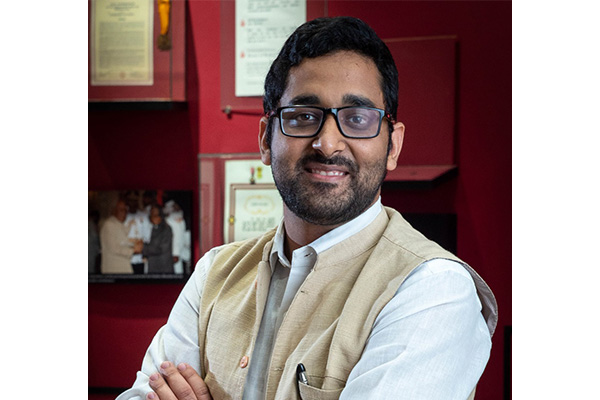By Prof. Anubhav Raj Shekhar, Faculty of Law, BML Munjal University
Law does not operate in vacuum, it finds form and evolves in light of social realities. Similarly, legal education, or for that matter education pertaining to any field, would be meaningless if imparted while turning a blind eye to the social background and circumstances of the stake holders including students, faculty, and supporting staff. Sensitivity of universities to such factors assumes critical importance especially when stake holders are battling the worst covid crisis the world has seen.
Unfortunately, in the last few days, we have found two instances which should ideally push us to reflect more on these points and make us rethink our engagement with students. The first instance was reported from National Law University, Jodhpur, and the second instance was reported from IIT Kharagpur. Both universities are well known in their fields.
Incident At NLU, Jodhpur
The first instance concerns a young fourth year law student who, unfortunately, succumbed to Covid-19. It has been reported that even when he was put on oxygen support in the hospital, he requested his peers to assure that he was logged into the class, so that he does not face shortage of attendance. Following this, students took to twitter to protest against a perfunctory condolence ceremony organised by the administration where microphones of students and the family of the deceased student were kept on mute throughout. It is reported that the ceremony only lasted for five minutes.
Students at NLU-J have been demanding a short break to cope with the situation and return to learning with a rejuvenated mind. However, the demands were not accepted. An interesting argument was offered by the administration over email in response to the demand of leave by students. It said,
‘Many members of the faculty and staff and/or their family members are suffering from the dreaded infection. Some faculty members are not even on campus because they are either battling the virus themselves or nursing their sick parents at their respective hometowns. Despite all these challenges each and every employee of the University is performing to their optimal potential without complaint’.
Additionally it was mentioned that any alteration of academic calendar ‘shall adversely affect the progress of all batch of students; and therefore, is not a wise choice
Incident From IIT Kharagpur
In a video that has gone viral on social media, a professor from IIT Kharagpur is seen to be expressing her anger against a request for exemption made by a girl on account of her grandfather’s death. In response, the professor is heard questioning how the death of a grandparent could affect a student. She calls the request ‘very shocking’ and terms it as ‘total non-application of the human minds’. She could be heard saying ‘I am a Hindu… I know there are some customs to be done but I also know that in these Covid times, there is a restriction on all these religious rituals.’.
Problems With The Above Approaches
While both statements are problematic on several levels, I shall not be dissecting them individually . I am more interested in identifying a pattern. Both authorities appear to be speaking to the students from a position of privilege which they are unable to recognise. Further, while elite universities may have students from privileged backgrounds, a comparison between different groups of stakeholders to impose a duty to attend classes, or impose hard deadlines, conveys a lack of effort to familiarise oneself with the hardships which students and staff have to go through.
Covid might have been termed as the ‘great equaliser’ but the reality is that it has disparate impact on poorer people and we often forget that our students too, much like others, are part of the same society. Such disparity goes far beyond having stable internet questions to attend classes. It requires basic emotional intelligence to appreciate that students are also doing household chores, providing covid care, and all shoulder responsibility when a loved one is hospitalised. To expect students to compartmentalise their thoughts and feelings and attend classes with complete focus is preposterous.
Therefore, it is a reasonable demand from universities to balance learning with well-being, prioritise mental health over efficiency, and show compassion when a student or member of staff approaches with a problem. Attendance, deadlines etc., can take a backseat in such unprecedented times. Each stake holder ought to be seen as an end in themselves rather than means to ensure compliance with academic calendar.
Anubhav Raj Shekhar teaches law at the BML Munjal University. His twitter handle is @anubhavraj92.






















































